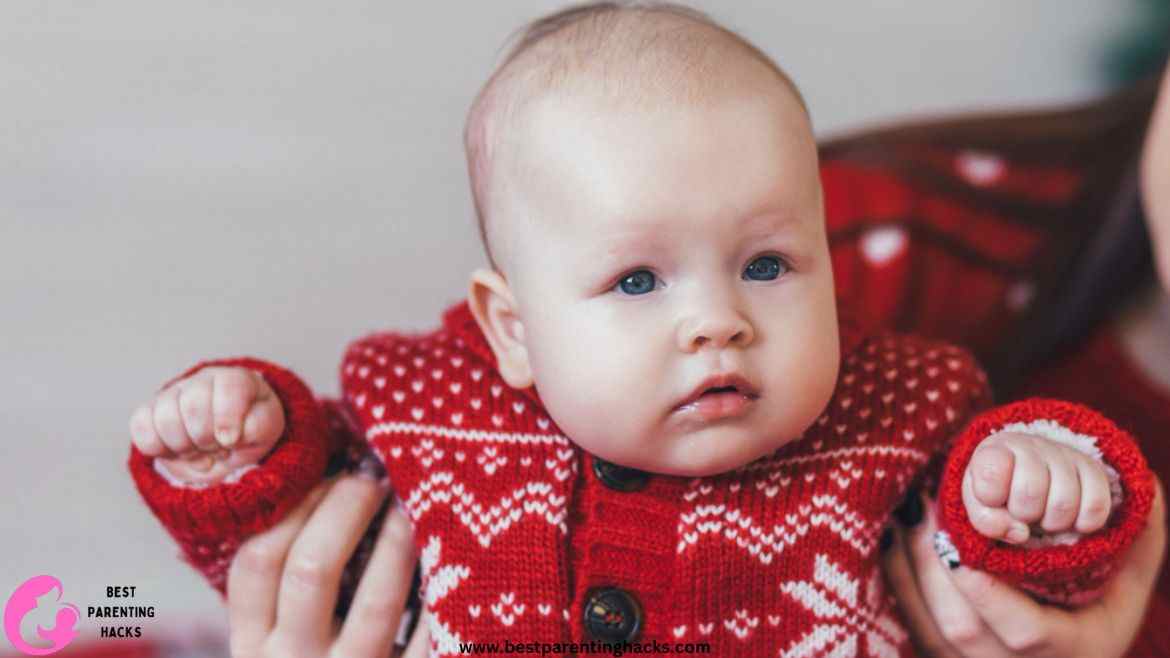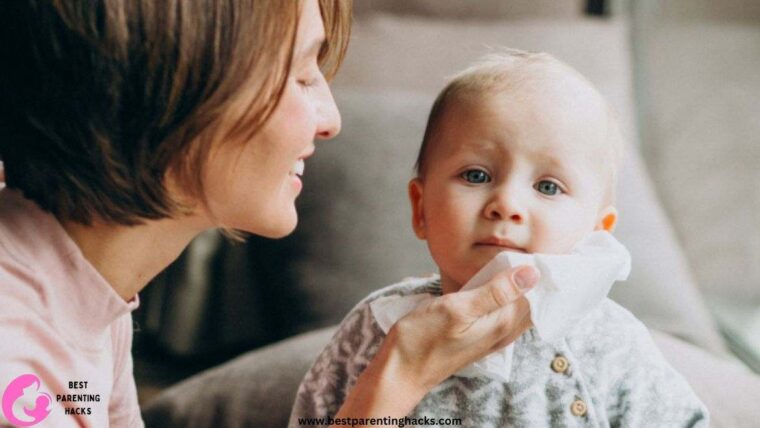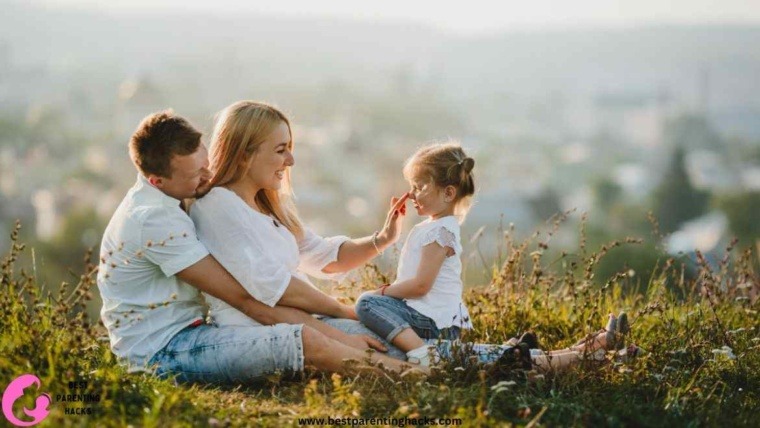Table of Contents
The beginning of babbling is one of the most anxiously awaited milestones in your baby’s early life as a parent. This exciting stage, during which your child begins to play with noises, is a major turning point in their growth. When I first heard my infant babble, I recall being filled with both sheer delight and a sense of accomplishment. Babbling is more than simply adorable noises; it’s a crucial stage of development that shows your child’s language and communication abilities are developing normally. They begin to experiment and play with sounds during this era, setting the foundation for their first words.
For many parents, the question “Why is my baby not babbling at 10 months?” might be concerning. From my perspective, it’s critical to realize that, although while most newborns develop according to a general schedule, there are always exceptions. While some newborns may babble right away, others may take a little longer. But by the time your kid is ten months old, if he or she isn’t babbling, it may be a clue to pay more attention. It’s not a sign that everything is amiss, but it might signal your child needs some extra support or, in some situations, a professional assessment to make sure their language and communication development is on track.
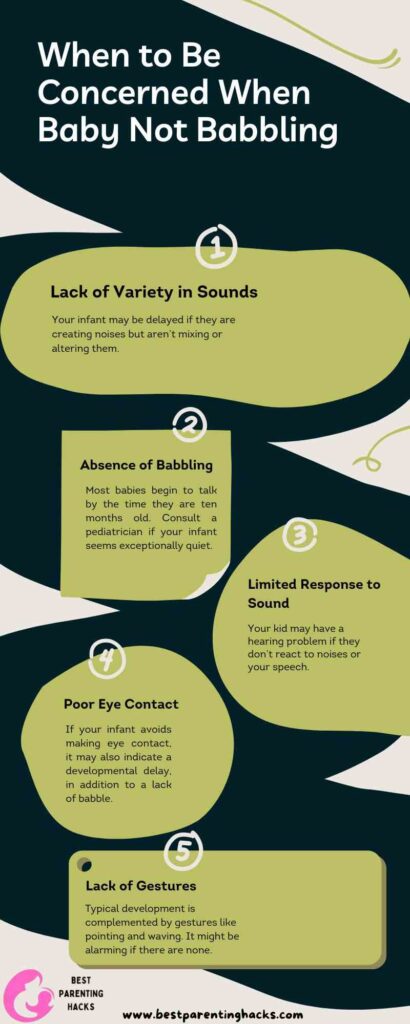
When to Be Concerned When Baby Not Babbling
Even while babbling is a normal process, there are situations in which it might be a sign that more attention is needed. It’s crucial to be vigilant rather than panicked.
1. Lack of Variety in Sounds: Your infant may be delayed if they are creating noises but aren’t mixing or altering them.
2. Absence of Babbling: Most babies begin to talk by the time they are ten months old. Consult a pediatrician if your infant seems exceptionally quiet.
3. Limited Response to Sound: Your kid may have a hearing problem if they don’t react to noises or your speech.
4. Poor Eye Contact: If your infant avoids making eye contact, it may also indicate a developmental delay, in addition to a lack of babble.
5. Lack of Gestures: Typical development is complemented by gestures like pointing and waving. It might be alarming if there are none.
You Might Also Like to Read: What to Do if Your Baby Hates Lotion?
Understanding Babbling: What It Is and Why It Matters
An infant uses babble as a form of speaking practice. Witnessing your infant play with sounds at this stage is interesting, as they start to combine vowels and consonants in cute, sometimes absurd strings. This experimenting is an essential component of language learning, not merely a game. The building block of words and eventually sentences is babbling. It’s an indication that your child is developing the oral and vocal cord control that will eventually be needed for clear speaking.
1. Experimentation with Sounds: Babbling enables infants to experiment with various sound combinations, which is crucial for speech development.
2. Cognitive development: There is a connection between this stage and cognitive growth. Babies develop a basic language acquisition skill—associating sounds with meaning—while they chatter.
3. Social Interaction: Babbling is frequently a baby’s initial means of communication, enabling them to engage with others and their surroundings.
4. Emotional Expression: Babies begin to communicate their feelings through a variety of tones and inflections in their babbles, which is essential for emotional development.
You Might Also Like to Read: What to Do If Baby Hates Sleep Sack?
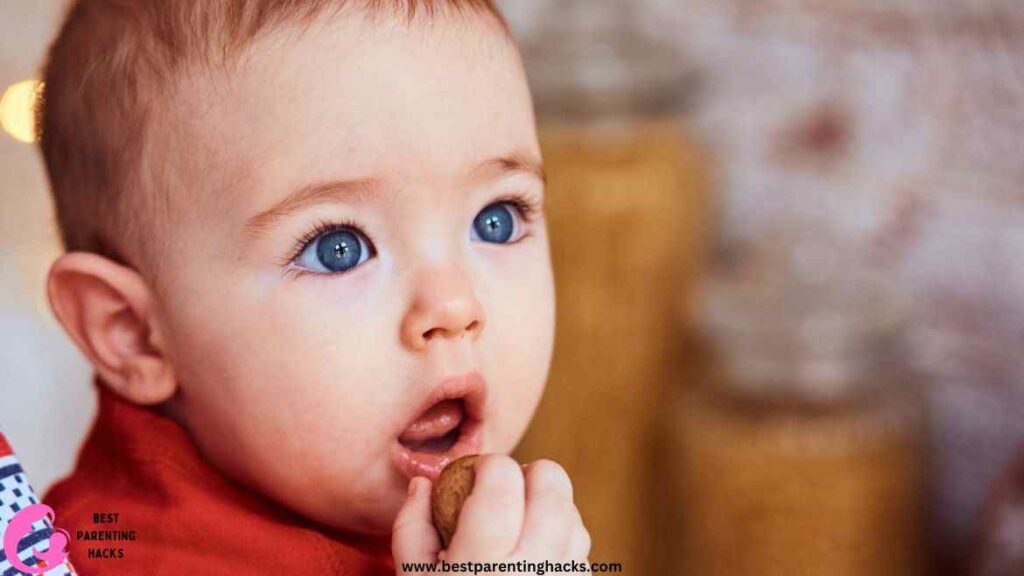
Factors Influencing Babbling
Many things can have an impact on babbling. As a parent, I’ve discovered that being aware of these can support your child’s speech development.
1. Hearing Ability: Babbling requires good hearing. Any hearing problems may cause this process to be delayed.
2. Social Interaction: Hearing caregivers communicating and interacting with them regularly is crucial for promoting babble.
3. Physical Factors: A baby’s capacity to produce particular sounds may be impacted by physical problems such as tongue knots.
4. Cognitive Development: A baby’s capacity to begin babbling may also be impacted by cognitive impairments.
5. Environmental Stimulation: A newborn may begin to babble in an atmosphere that is exciting and has a variety of noises.
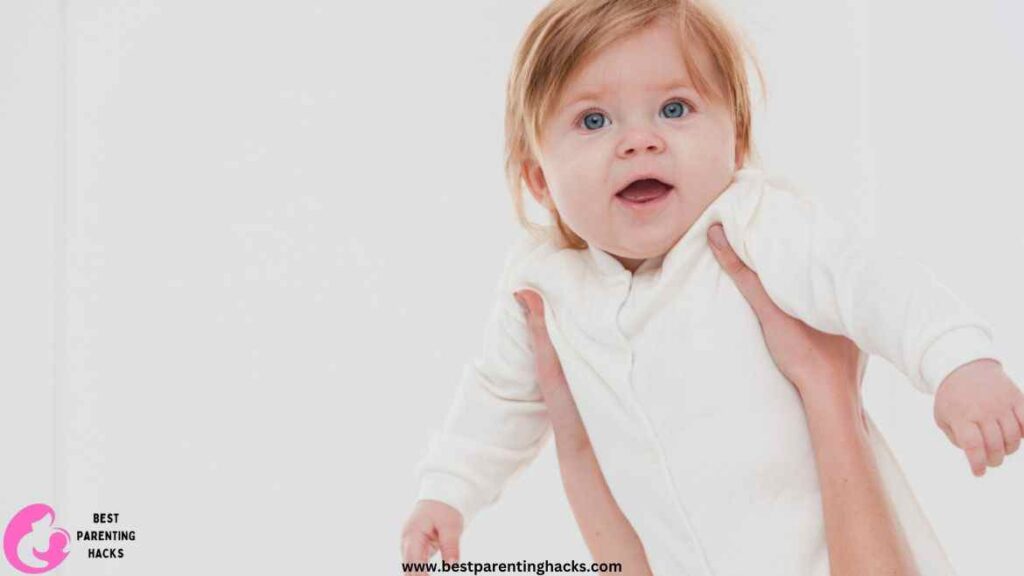
Encouraging Your Baby to Babble
It takes both interacting with them and setting up a comfortable environment for your baby to chatter.
1. Talk to Your Baby: Your infant learns sounds via regular speech, even if they are unable to answer.
2. Respond to Babbling: Act as though your infant is speaking when they babble. This makes babbling more likely.
3. Read and Sing: Songs and books are great resources for teaching rhythm and novel tonality.
4. Play Sound Games: Games that require you to create and mimic sounds may be entertaining as well as instructive.
Case Studies and Parental Experiences
Through talking to other parents, I’ve learned about a variety of babbling experiences.
1. Variations in Development: Babbling newborns might start later but catch up fast.
2. Impact of Environment: Babies from chatty homes typically start babbling earlier.
3. Role of Health Issues: Conditions like ear infections might cause babbling to be momentarily delayed.
4. Effect of Early Intervention: Babies who start babbling later in life might benefit greatly from early intervention.
5. Parental Involvement: Encouragement of babbling is greatly aided by active parental participation.
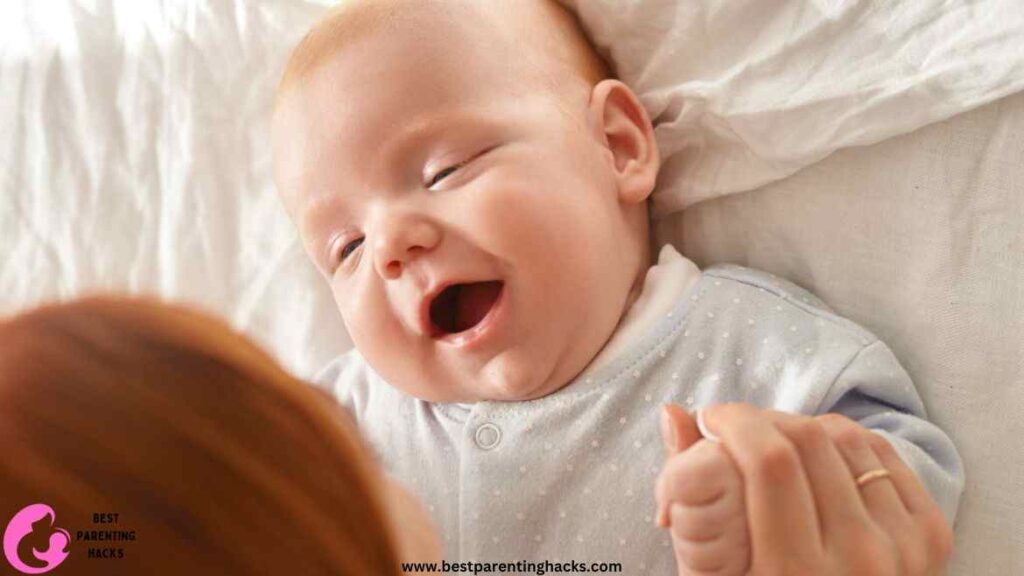
Professional Insights and When to Seek Help
Parents must know when to seek expert assistance. Speech-language pathologists and pediatricians also offer information on how your child is developing. They can determine whether your baby’s babbling is developing normally or if any underlying problems require care. To address any developmental deficiencies and put your kid on the correct road for future language and communication abilities, early intervention might be extremely important.

Conclusion
In sum, remember that every child develops differently, so there’s no need to worry if your baby isn’t babbling by the time, they are ten months old. Remain watchful and involved with your child, and don’t be afraid to ask for help from a professional if necessary. Savor the experience of becoming a parent, with all its special rewards and difficulties, as you help your child reach their developmental milestones.
FAQs
1. What are the usual turning points in babbling?
• Babbling typically begins between four and six months of age, and by ten months, a baby is making increasingly sophisticated sounds.
2. If my kid isn’t babbling at ten months old, should I be worried?
•It may be a variant of typical development, but to rule out any underlying problems, it’s best to see a pediatrician.
3. How can I get my infant to begin babbling?
• Read aloud to your child, sing songs, have regular chats, and react excitedly to whatever noises they make.
4. Is a lack of babble a sign of a hearing issue?
• It is important to evaluate your baby’s hearing if you have concerns about their speech development, as hearing problems can indeed affect babbling.
5. Do males and girls reach different babbling milestones?
• In general, there are frequent individual variances but no discernible differences.
6. What part does babble have from parental interaction?
• To promote babbling and the general development of speech, parents must engage in active and responsive engagement.
7. When should I get professional assistance for my baby’s speech development?
• It’s best to get an expert examination if your baby isn’t talking by the time, they are 10 months old or if there are other issues regarding their language and speech development.

